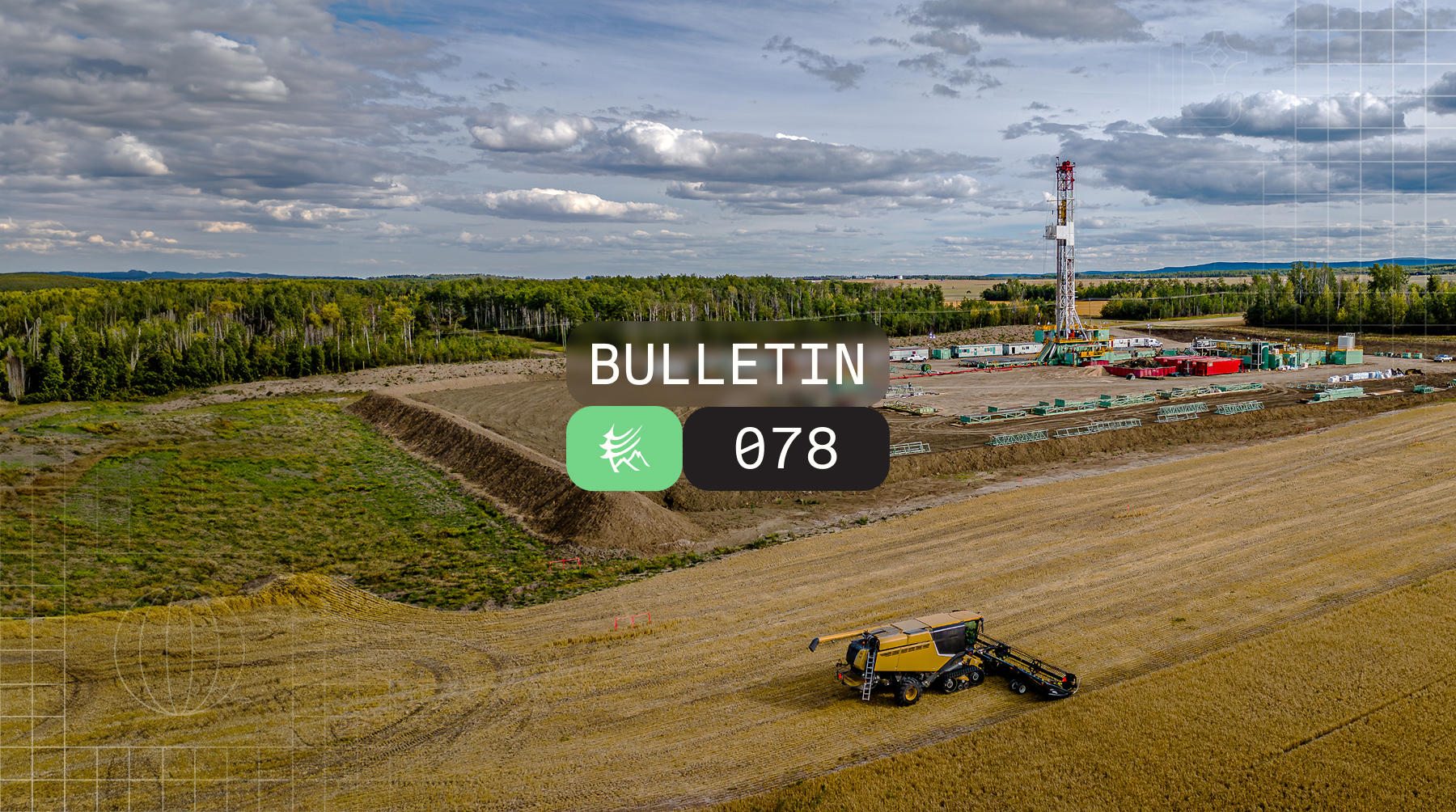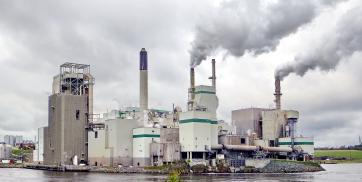This is the first in a series of four articles on the 2023 Voluntary Initiatives Report by Highwood Emissions Management.
To read the full Voluntary Emissions Reduction Initiatives in 2023 click here
Article:
With growing concerns about climate change and GHG emissions, companies in the energy industry are increasingly exploring voluntary initiatives for emissions reductions. While regulatory requirements set minimum standards for each jurisdiction, companies that go beyond these requirements can reap numerous benefits, and voluntary initiatives for emissions reductions have gained momentum. This special feature explores why a company that to date has followed a minimum regulatory compliance approach should be interested in voluntary initiatives, whether such initiatives are becoming table stakes, and what the future holds for the industry.
License to Operate
In many jurisdictions, gas producers are required to obtain and maintain licenses to operate. Regulators assess a company’s compliance with environmental regulations, social impacts, and sustainability practices when granting and renewing these licenses. By engaging in voluntary initiatives for emissions reductions, gas producers demonstrate their commitment to exceeding regulatory requirements, strengthening their position for obtaining or maintaining operational licenses. By showcasing proactive efforts to mitigate environmental impact, companies align with regulatory expectations for responsible operations.
The investment landscape is increasingly considering ESG factors. Many investors, including institutional funds and asset managers, prioritize investing in companies that demonstrate strong ESG practices and are growing increasingly savvy in their expectations for tangible demonstration of minimized environmental impact. Securities regulators in the United States and Canada are proposing mandatory emissions disclosure for publicly traded companies. Participating in voluntary initiatives for emissions reductions can showcase a gas producer’s commitment to sustainability and responsible business practices, making it more attractive to ESG-focused investors. This, in turn, can lead to increased investment opportunities, access to green capital, and potentially lower cost of capital. Companies that proactively address environmental impact are seen as more resilient and better equipped to navigate the transition to a low-carbon economy, making them attractive to long-term investors.
Insurance companies are increasingly factoring in environmental risks when underwriting policies. By actively participating in voluntary initiatives for emissions reductions, gas producers demonstrate their commitment to environmental stewardship. This can lead to more favorable insurance terms, including lower premiums, as insurers perceive lower risk associated with companies that prioritize sustainability. Additionally, demonstrating proactive measures to manage emissions can reduce the risk of future environmental liabilities, further enhancing insurability.
Competitive Advantage
In today’s market, sustainability and responsible business practices have become key differentiators. Consumers are increasingly considering the environmental impact of the products and services they choose. By participating in voluntary initiatives for emissions reductions, companies will position themselves as leaders in the industry, gaining a competitive edge over peers who only meet the
minimum requirements. As sustainability becomes a significant factor in consumer purchasing decisions, companies that exceed minimum regulatory requirements can differentiate themselves in the market. By highlighting their commitment and progress on emissions reductions, gas producers can attract environmentally conscious customers. This creates brand loyalty and positive brand perception, furthering their competitive advantage over those who have not made similar commitments.
The potential to receive premium pricing for low-methane gas has been touted as an additional benefit for several certification initiatives. While we have seen instances of premium pricing on bilateral marketing contracts, there has yet to be widespread evidence of premium pricing for certified gas. There is possibility for greater instances of premium pricing as consumers and purchasers begin to value and demand energy that is produced to the highest environmental standards.
Preparedness for Stronger Regulations
Voluntary initiatives for emissions reductions are becoming increasingly important in the context of the evolving energy landscape. Governments, businesses, and consumers are demanding greater action to combat climate change and reduce GHG emissions. As a result, regulatory requirements are expected to become more stringent in the future.
By embracing voluntary initiatives today, gas producers can prepare for a future where emissions reductions and sustainability are the norm. Investing in cleaner technologies, optimizing operational processes, and adopting innovative approaches can help companies stay ahead of regulatory changes, meet evolving stakeholder demands, and future-proof their business.
Moreover, the transition to a low-carbon economy presents opportunities for innovation and collaboration. Gas producers that actively engage in voluntary initiatives can contribute to industry-wide knowledge sharing and technology advancements. By working together, the industry can develop and deploy more sustainable practices, driving the transition to a cleaner energy future.
Enhanced Reputation & Mitigation of Reputational Risk
An intangible benefit for companies participating in voluntary initiatives can be the positive impact on their reputation. Investors are increasingly factoring ESG criteria into their decision-making process. By actively participating in voluntary initiatives, gas producers can attract ESG-focused investors and access funding opportunities that may not be available to companies that only meet minimum regulatory requirements.
By voluntarily exceeding regulatory requirements, companies can showcase their commitment to sustainability and environmental stewardship and contribute in a tangible way to global efforts to combat climate change. This can further enhance a gas producer’s reputation by showcasing their willingness to proactively addressing emissions management and reductions, companies will position
themselves as leaders in the industry, enhancing reputation and credibility. It aligns and builds trust with the increasing expectations of consumers, investors, and stakeholders who prioritize sustainability and responsible business practices.
Conclusion
In conclusion, voluntary initiatives for emissions reductions offer numerous benefits to gas producers. From enhancing reputation and gaining a competitive advantage to accessing new markets and investment opportunities, there are clear incentives for companies to go beyond the minimum regulatory requirements. By actively participating in voluntary initiatives today, gas producers can position themselves as leaders in sustainability, contributing to a greener future and ensuring long-term success in a rapidly evolving energy landscape.





